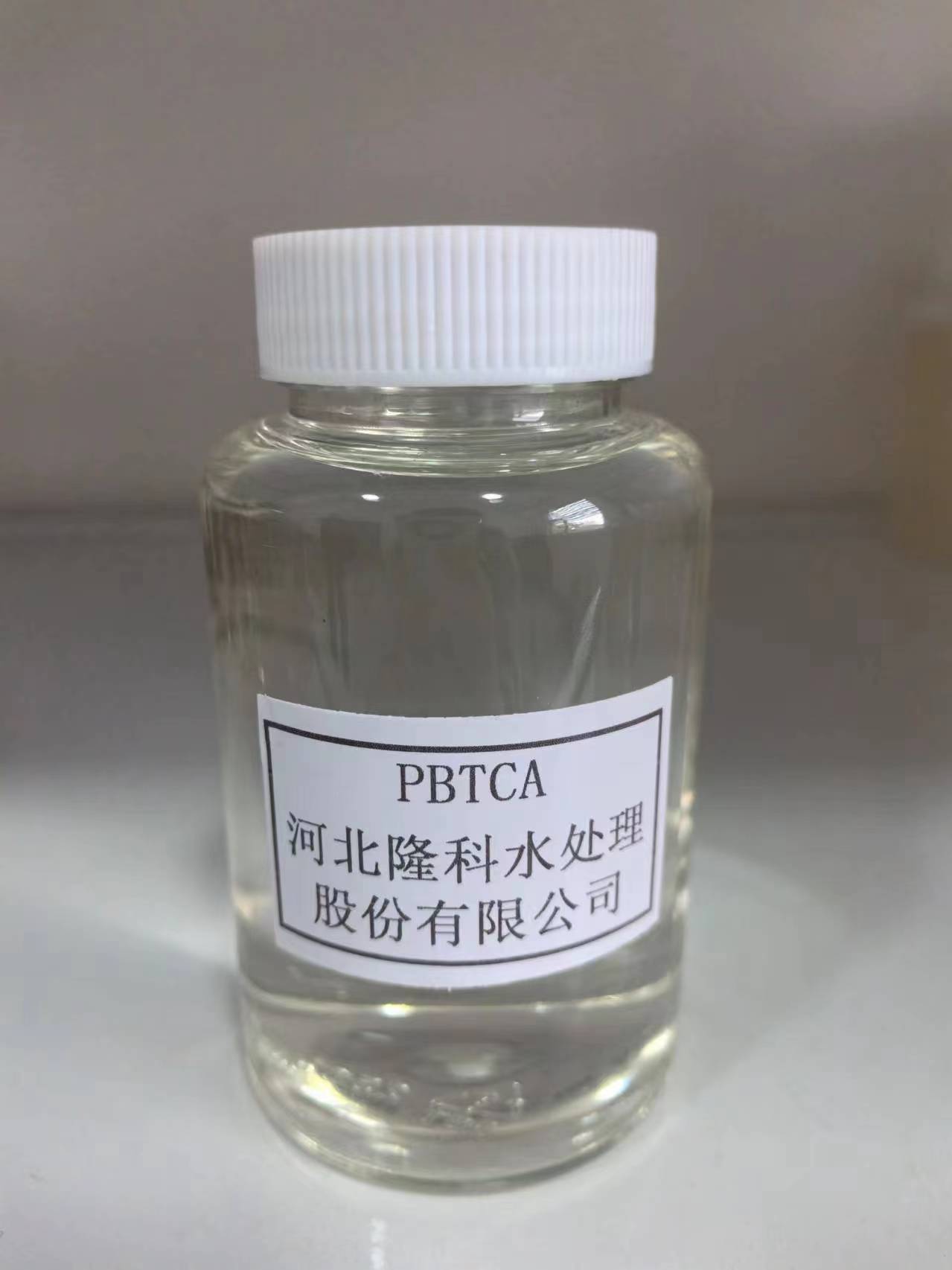Effective Strategies for Water Treatment Using Inhibitors to Enhance System Performance
Inhibitor Water Treatment A Comprehensive Overview
Water treatment plays a crucial role in various industries and municipal infrastructures, aiming to deliver clean, safe water for consumption and use. One of the fundamental methods to protect water systems from undesirable chemical reactions and biological growth is the use of inhibitors. These agents are essential for preventing corrosion, scale formation, and biofouling. In this article, we will explore the significance of inhibitor water treatment, the types used, and their applications in different fields.
Understanding Inhibitors
Inhibitors are substances that slow down or prevent chemical reactions. In the context of water treatment, they are primarily used to guard against corrosion of metal surfaces in pipes and equipment, the precipitation of mineral scales, and the growth of unwanted microorganisms. The effectiveness of inhibitors is determined by their chemical nature, concentration, and the specific conditions of the water system.
Types of Inhibitors
1. Corrosion Inhibitors These are chemicals added to water systems to reduce the rate of metallic corrosion. Common types include - Anodic Inhibitors These work by forming a protective oxide layer on the surface of metals, making them less reactive. Examples include chromates and phosphates. - Cathodic Inhibitors These inhibit the cathodic reactions that lead to corrosion, typically by decreasing the availability of electrons. This category includes substances like zinc salts. - Mixed Inhibitors These provide dual action, affecting both anodic and cathodic processes.
2. Scale Inhibitors Scale formation can lead to blockages and efficiency losses in water systems. Scale inhibitors prevent the crystallization of minerals such as calcium carbonate and silica. Commonly used scale inhibitors include - Phosphonates These are highly effective in preventing scale deposition, particularly in cooling water systems. - Polyacrylic Acids These polymers disrupt the aggregation of scale-forming particles. 3. Biological Inhibitors These agents are used to combat biofouling and control microbial growth in water systems. Chemical biocides, such as chlorine and bromine, are traditional solutions. However, there is growing interest in using environmentally friendly alternatives like naturally occurring enzymes and plant extracts.
Applications of Inhibitor Water Treatment
The application of inhibitors in water treatment is diverse and spans multiple industries
inhibitor water treatment

- Power Generation In cooling towers and boilers, the use of corrosion and scale inhibitors is vital to maintain operational efficiency and prolong equipment life. Without inhibitors, the risk of scaling could significantly decrease heat exchange efficiency, while corrosion could lead to catastrophic failures.
- Oil and Gas Industry Inhibitors are crucial for managing corrosion in pipelines that transport oil and gas. The conditions within these pipelines are harsh, making inhibitors essential for ensuring safety and efficiency.
- Wastewater Treatment Inhibitors can be employed in industrial wastewater treatment plants to thwart unwanted biological growth and scaling in treatment equipment, thereby enhancing the overall treatment process.
- Municipal Water Systems Drinking water systems often utilize inhibitors to protect against corrosion of pipes, ensuring that water remains safe and free from harmful lead and copper contamination.
Environmental Considerations
While inhibitors play a significant role in maintaining the integrity of water systems, their environmental impact must be considered. Some traditional corrosion and scale inhibitors, such as chromates, have been found to be hazardous. As a result, there has been a shift towards the development and use of more environmentally friendly alternatives. Research continues to focus on finding effective inhibitors that do not pose risks to human health or aquatic ecosystems.
Conclusion
Inhibitor water treatment is a vital component in the management and protection of various water systems. By understanding the types of inhibitors available and their applications, industries can improve the longevity and performance of their water infrastructure. As technology advances and environmental concerns become more pronounced, the development of novel inhibitors will continue to evolve. This shift towards sustainable practices will not only enhance the efficiency of water treatment processes but also protect our natural resources for future generations.
-
lk-319-special-scale-and-corrosion-inhibitor-for-steel-plants-advanced-solutions-for-industrial-water-systemsNewsAug.22,2025
-
flocculant-water-treatment-essential-chemical-solutions-for-purification-processesNewsAug.22,2025
-
isothiazolinones-versatile-microbial-control-agents-for-industrial-and-consumer-applicationsNewsAug.22,2025
-
scale-inhibitor-key-solutions-for-water-system-scale-preventionNewsAug.22,2025
-
organophosphonates-versatile-scale-inhibitors-for-industrial-water-systemsNewsAug.22,2025
-
scale-and-corrosion-inhibitor-essential-chemical-solutions-for-water-system-maintenanceNewsAug.22,2025





